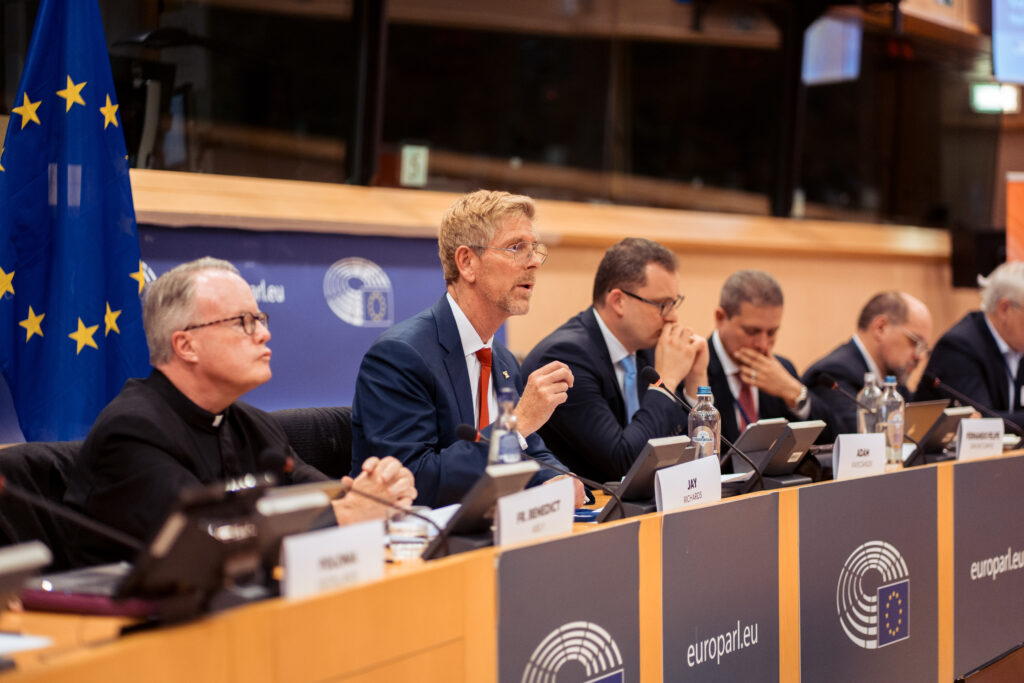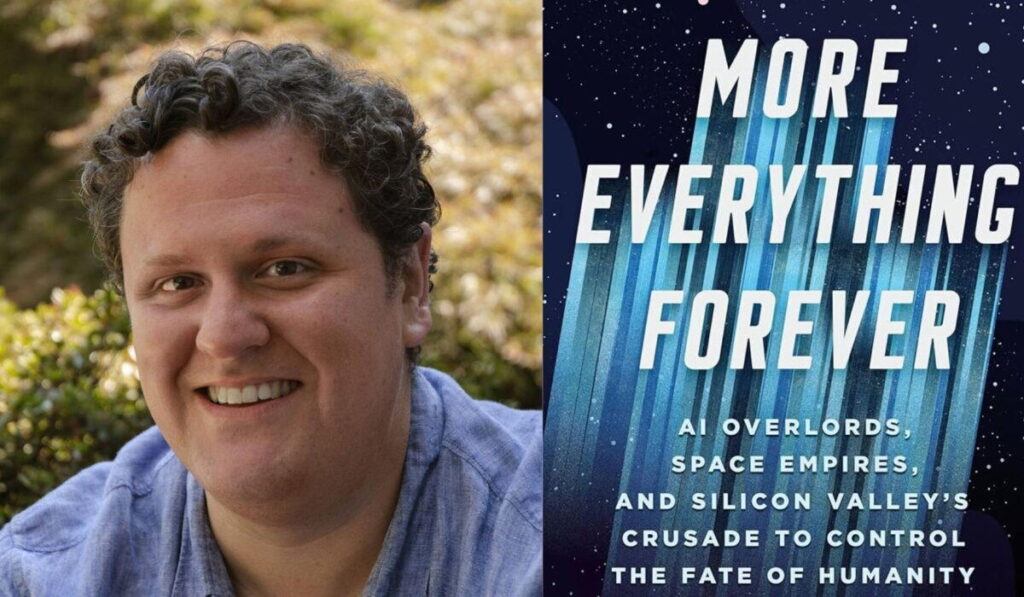Further to an earlier post, we now have a copy (attached) of the new Media Relations Protocol with which Environment Canada is muzzling its scientists.
The protocol says Environment Canada’s staff members are no longer allowed to speak to the media without first calling consulting with their direct supervisor and phoning Media Relations at Environment Canada’s national headquarters. This, the protocol says, will ensure that EC experts “respond with approved lines,” thereby saving Minister John Baird from surprise or embarrassment.
I think that’s a lot to hope. A minister who refuses to read anything about climate science is destined to continue embarrassing himself. And every new scientific revelation he reads in the newspaper must come as a surprise, whether it came from an Environment Canada scientist or not.
But the funniest part of the new muzzling mandate is this, under the “purpose” section:
“To improve service to media by coordinating responses and ensuring that appropriate spokespeople are speaking to issues.”
So before this Nov. 14, 2007 document was written, a reporter could phone an Environment Canada expert, ask a question and get an answer – in the same conversation and the same business day. Now, under this new-and-improved policy, the reporter phones the expert, who immediately hangs up and goes searching for his or her boss. Both then forward the reporter’s question – no matter how inane – to Media Relations in Ottawa, which then designs “quick, accurate and … consistent” messages that can then be broadcast to reporters all across the country.
The federal Conservatives, famous for their hostility to big government, are clearly immune to irony. This effort to “improve service,” reminds me of the old joke about the scariest words ever uttered in the ear of an entrepreneur: “We’re from the government and we’re here to help.”
Subscribe to our newsletter
Stay up to date with DeSmog news and alerts






